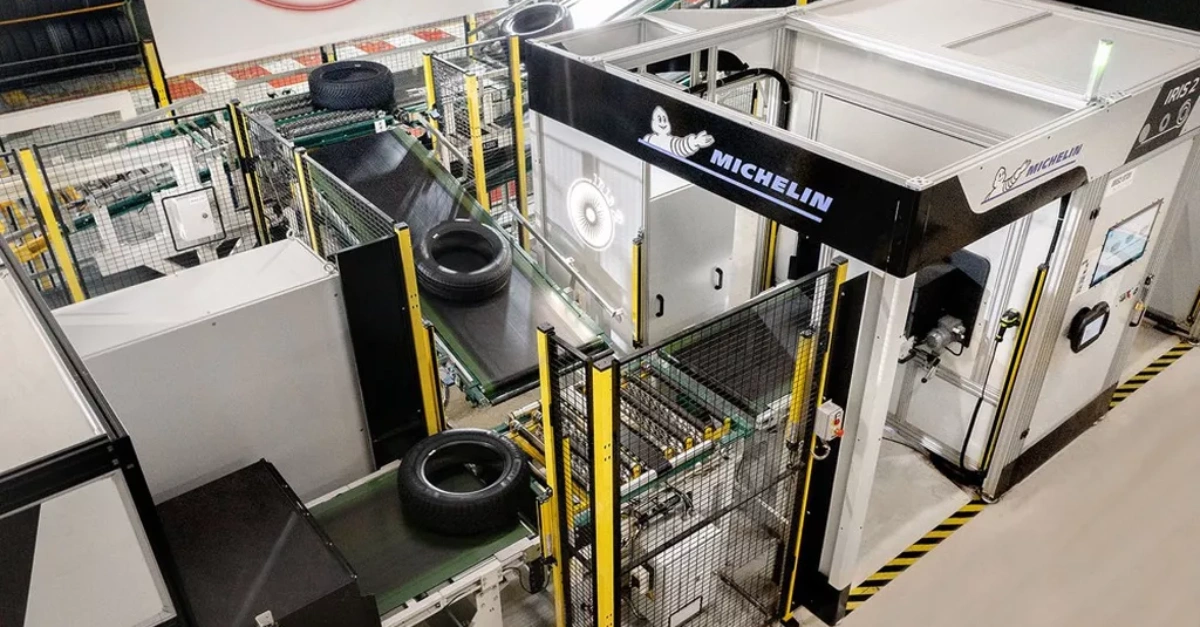Michelin: how AI “absorbs” complexities
Long used in manufacturing, AI is becoming increasingly prevalent in R&D and production processes, transforming value chains, increasing competitiveness, and boosting operational efficiency. These are just some of the reasons why Michelin is using AI, staying at the forefront of innovation and tackling the complexity of its operations.

Read more about 'Michelin on Deeptech & AI' - A summary of Yves Casseau, Group Chief Digital and Information Officer: Omnes Deeptech Barometer Q3, 2024
As a pioneer in the adoption of new technologies, the manufacturing sector initially focused on the automation and robotization of its production lines. With the phenomenal progress of computing power and AI, these tools have become increasingly intelligent and can now interact with their environment in real time, optimizing industrial processes and relieving operators from repetitive tasks. Other advantages include reductions in material waste and energy consumption. And that’s just the beginning.
According to Deloitte*, 86% of surveyed manufacturing executives believe that AI-based factory solutions will be the primary drivers of competitiveness in the next five years.
Improving processes
From R&D and the supply chain to its plants, AI is everywhere at Michelin. And the results speak for themselves in terms of time savings, efficiency, and sustainable development. “In R&D, AI enhances our ability to carry out digital simulations and predictive modeling, which considerably speeds up the design of new tire models,” explains Yves Caseau, Group Chief Digital and Information Officer at Michelin. “It is particularly valuable for developing new materials, predicting performance, and optimizing composition to improve sustainability, such as the use of bio-based raw materials.” For its production, Michelin uses digital twins to simulate and optimize processes in real time, thereby reducing material waste and energy consumption. The manufacturer also relies on AI-based predictive maintenance and quality control systems to prevent equipment failure and guarantee product quality, using advanced computer vision technologies.
Safeguarding expertise
Although the transformation of manufacturing processes is creating new cybersecurity challenges, Michelin is particularly concerned about safeguarding its expertise. “That’s a key issue for Michelin,” Yves Caseau says. “We must understand how to use AI to absorb the complexity of our operations and go further and faster, but there must be no loss of expertise.”
*Source: Augmentir blog, The Evolution of AI in Manufacturing
First published in Scope Spring 2025